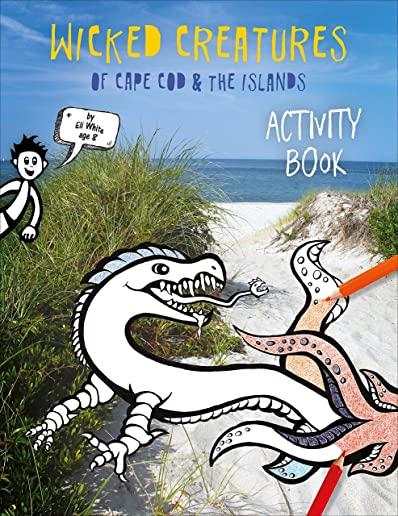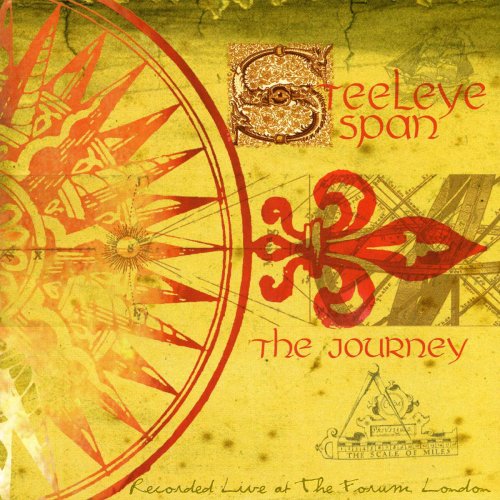
Nature is an essay written by Ralph Waldo Emerson, in 1836. In the essay Emerson put forth the foundation of transcendentalism, a belief system that espouses a non-traditional appreciation of nature. Transcendentalism suggests that the divine, or God, suffuses nature, and suggests that reality can be understood by studying nature.
Within the essay, Emerson divides nature into four usages: Commodity, Beauty, Language and Discipline. These distinctions define the ways by which humans use nature for their basic needs, their desire for delight, their communication with one another and their understanding of the world.
Henry David Thoreau had read Nature as a senior at Harvard College and took it to heart. It eventually became an essential influence for Thoreau's later writings, including his seminal Walden. In fact, Thoreau wrote Walden after living in a cabin on land that Emerson owned.







